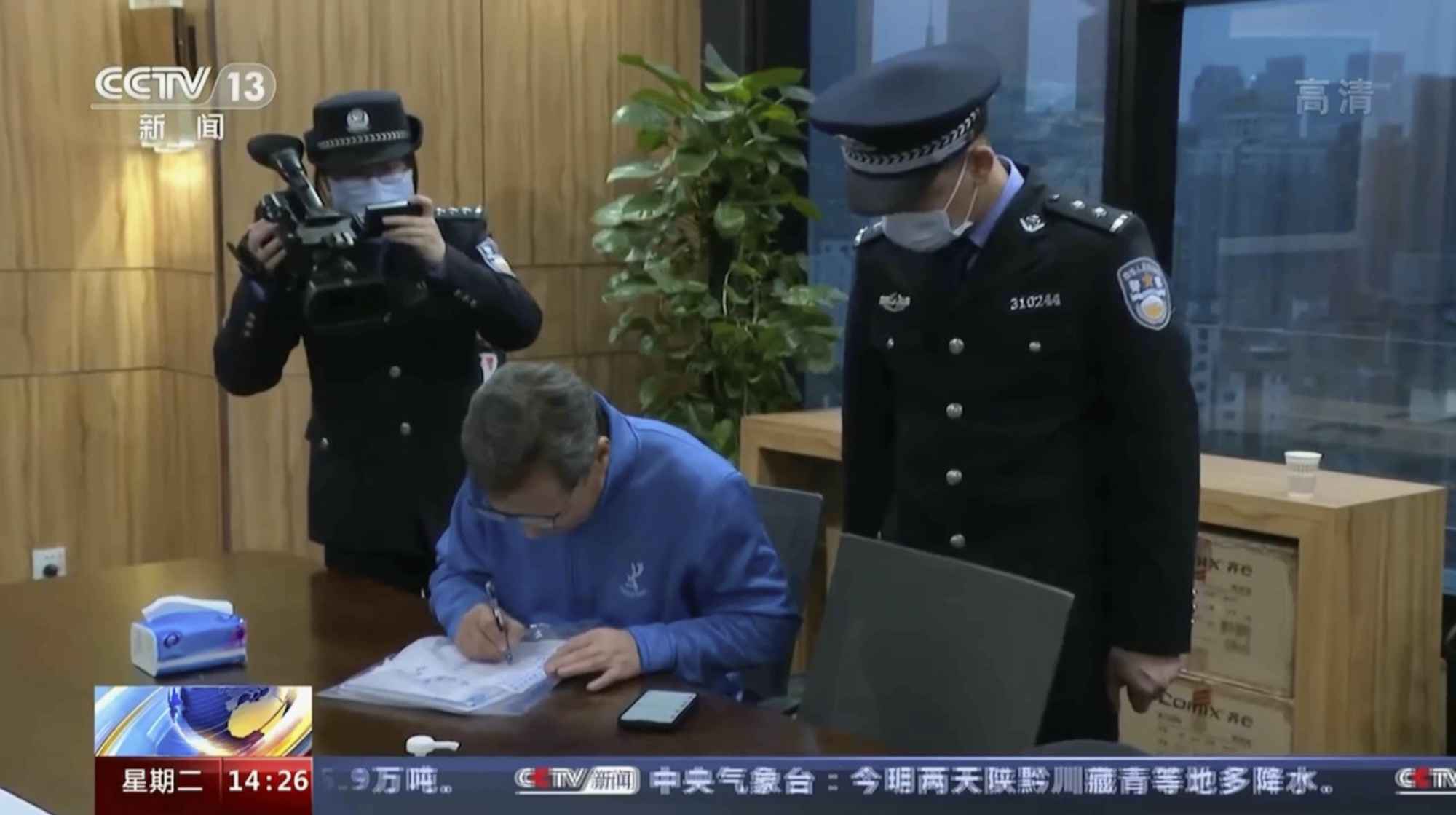
China’s consultancy crackdown is scaring away foreign investors, experts warn
- Investigations into global advisories such as Capvision Partners have ‘sent a warning signal’ to the whole industry, one consultancy CEO says
- The disappearance of these consultancy services, along with rising US-China tension, will deter foreign investments, a venture capitalist says
China’s investigation into an international consulting company on national security grounds, reported by the country’s largest state broadcaster, has set off alarm bells across the business advisory industry, in a development that is set to frighten away potential investors, according to industry insiders.
Consultancies and due diligence advisories in China, both local and foreign ones, have long served as the eyes and ears of clients mulling investments in the country, and it has become an industry routine for these companies to share their knowledge, views and expertise as part of their services.
While some of these firms have operated in grey areas, including accepting hefty payments in exchange for providing insider information, Chinese authorities had largely tolerated their existence as they were necessary to attract investments.

According to the China Central Television (CCTV) report, national security authorities raided the Shanghai, Beijing, Suzhou and Shenzhen offices of Capvision, which runs China’s largest expert network group and has offices across the globe including Hong Kong and New York.
The company was found to have “extensively undertaken consulting projects from overseas companies in sensitive industries”, and some of these companies have “close relationships with foreign governments, military, and intelligence agencies”.
The investigation “sent a warning signal” to the whole industry about the legal risks of threatening China’s national security, said Edward Tse, founder and CEO of Gao Feng Advisory Company.
“Capvision should ensure that their team of experts has received strict training on what they can or cannot disclose when responding to client inquiries,” he said, “It is important [for them] to know where the boundaries of national security lie.”
On Wednesday, Capvision released a statement saying it has set up a compliance commission and will rectify its operation under the guidance of China’s national security authority.
Capvision is not the only advisory firm being targeted. Bain & Company revealed late last month that police had questioned staff at its Shanghai office, while Mintz Group said in March that authorities raided its Beijing office and detained five workers.
Chinese authorities have neither confirmed nor denied the two cases.

A Shanghai-based ventral capitalist, who declined to be identified due to the sensitivity of the matter, said it has been common practice for private equity and venture capital firms to seek expertise from intermediaries, as public information is generally insufficient to support decision-making at the initial stage of investment.
The disappearance of these services, along with rising geopolitical tension between the US and China, would make it even harder for overseas investors to channel funds into Chinese start-ups, he said, adding that the types of industries and projects that US-dollar-denominated venture capital funds can invest in are becoming increasingly limited.
As China steps up efforts to protect national security, investors tend to adopt a cautious approach or withhold investments completely, he said, given that it is difficult to judge whether they would be crossing any red lines, such as the leakage of state secrets.
A public listing prospectus filed by Capvision in Hong Kong last year offered a glimpse into its business model. According to the document, Capvision’s revenue came mainly from arranging informational interviews for clients with its 395,000 experts.
One of these experts has been sentenced to six years in prison, according to the CCTV report.

China’s crackdown on the consultancy industry has occured as the country attempts to plug national security loopholes. The updated anti-espionage law, which broadens the definition of spying and is set to come into effect in July, has unnerved foreign business communities, which fear that regular business activities could suddenly become criminal.
Some financial institutions have already taken precautionary measures in response, such as suspending expert interviews, wrote Pei Pei, an independent analyst, on his official WeChat account. It could take a long time for these companies to find replacement services that are also compliant, he wrote.
China’s top investment bank, China International Capital Corp, has stopped using Capvision’s services altogether, according to a Reuters report on Wednesday.

